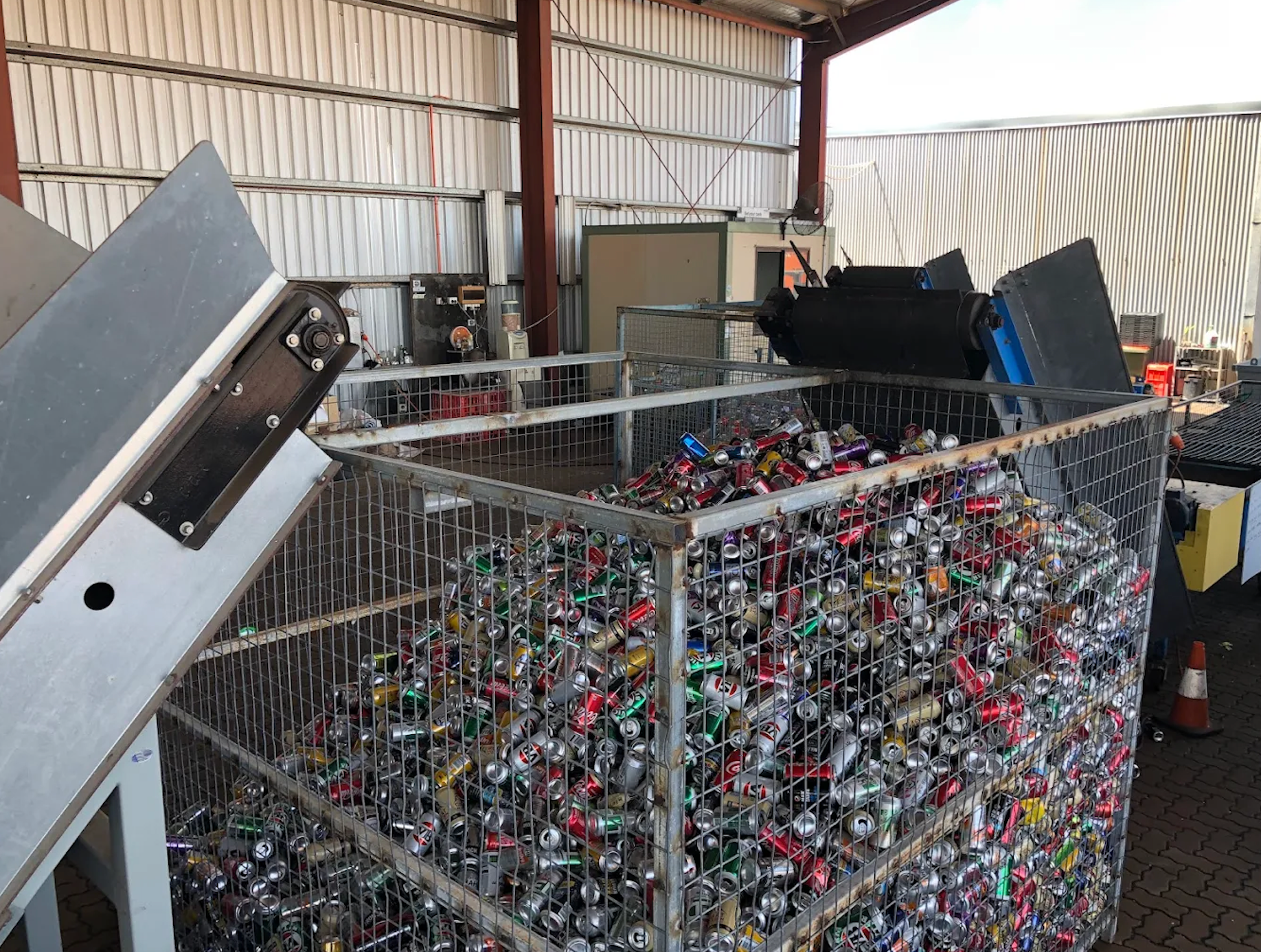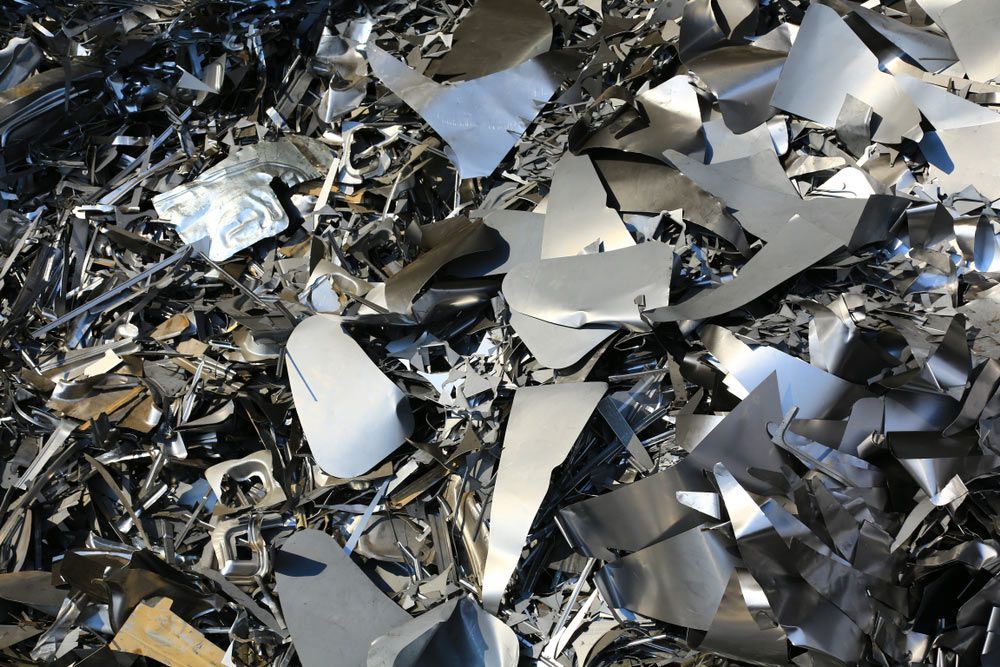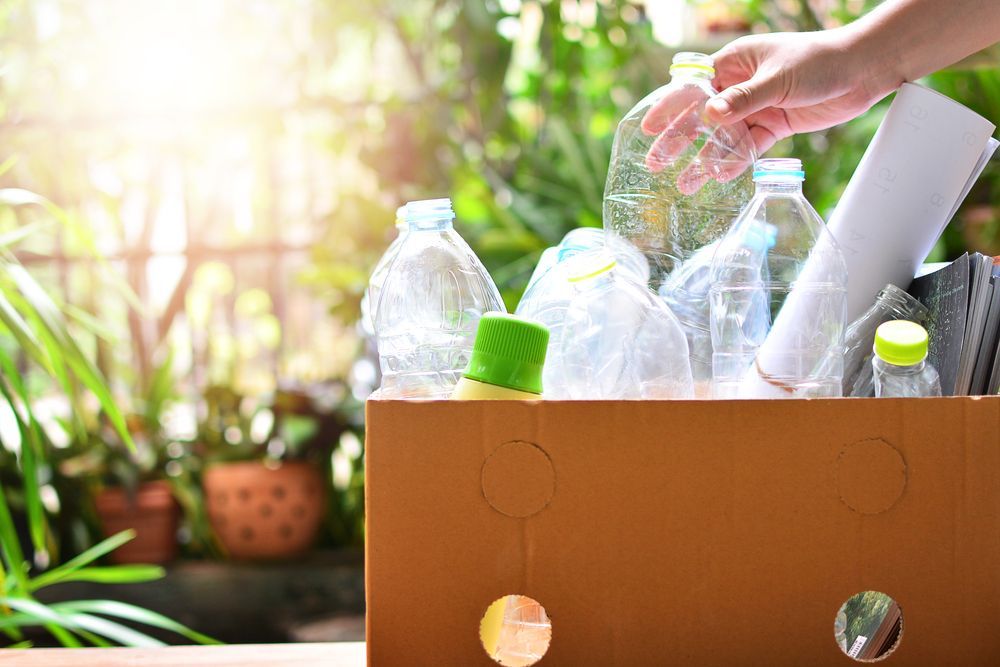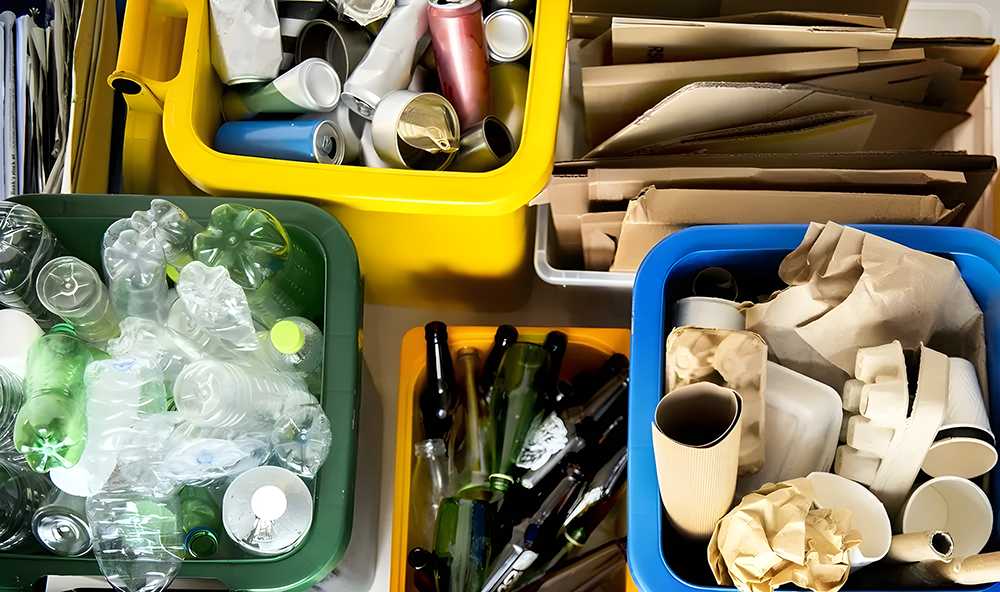Beginner’s Guide to Recycling: What You Can & Can’t Recycle in Your Community

Are you confused about what goes in the recycling bin and what doesn’t? You’re not alone. For many Darwin residents, recycling can feel like a guessing game—especially with varying symbols, contamination issues, and ever-changing local guidelines. Yet, getting it right is one of the simplest ways to reduce waste, conserve resources, and contribute to a cleaner environment.
In this beginner’s guide to recycling, we’ll explore what can and can’t be recycled in most communities, with a focus on recycling in Darwin. Whether you're a first-time recycler or just looking to improve your habits, this guide offers clear, practical advice to help you recycle properly.
Understanding the Basics of Recycling
Before diving into the specifics of what you can recycle, it's helpful to understand how recycling works. When recyclable materials are collected, they’re sorted, cleaned, and processed into raw materials to be used in new products. However, if non-recyclable or contaminated items are mixed in, the whole batch may end up in a landfill. That’s why sorting items correctly at the household level is a vital first step.
What You Can Recycle in Darwin
Recycling programs across Australia generally accept a similar range of materials, but it’s essential to follow local guidelines. Here’s what you can typically put in your yellow-lid recycling bin:
Glass Bottles & Jars
Clean, empty glass containers such as drink bottles and condiment jars are widely accepted. Lids should be removed and placed in the recycling bin separately.
Plastic Bottles & Containers
Only hard plastics marked with recycling symbols #1, #2, or #5 are accepted. Examples include water bottles, shampoo containers, and some food tubs. Rinse thoroughly and remove lids.
Aluminium Cans & Foil
Drink cans, clean foil trays, and even scrunched-up aluminium foil (about the size of a tennis ball) can be recycled. These are highly valuable in the recycling stream.
Steel (Tin) Cans
Tuna cans, pet food tins, and other steel food containers are recyclable if they’re clean and empty. Labels don’t need to be removed.
Paper & Cardboard
Clean, dry paper, newspapers, magazines, cereal boxes, and corrugated cardboard can be placed in the recycling bin. Flatten boxes to save space.
What You Can’t Recycle in Kerbside Bins
Not everything belongs in your recycling bin, even if it seems recyclable at first glance. Here’s what to avoid:
Plastic Bags & Soft Plastics
Soft plastics like shopping bags, bread bags, and chip packets can’t be processed in regular recycling facilities. They cause machinery jams and must be taken to soft plastic drop-off points.
Food Waste
Even small bits of leftover food can contaminate entire batches of recyclables. Compost it instead if possible.
Styrofoam (Polystyrene)
Polystyrene trays, cups, and packaging are not recyclable through kerbside bins. These materials are bulky, lightweight, and uneconomical to process.
Ceramics & Drinking Glasses
Items like coffee mugs, broken plates, and Pyrex cannot be recycled due to their high melting point compared to normal glass.
Electronics & Batteries
These items contain hazardous materials and need to be taken to special collection centres or e-waste drop-off points.
Bottle Recycling in Darwin: What to Know
The Container Deposit Scheme (CDS) is a separate program from household recycling. In Darwin and throughout the Northern Territory, you can return eligible drink containers for a 10-cent refund.
Accepted containers include most aluminium cans, glass and plastic bottles, and small juice boxes.
They must be:
- Marked with “10c refund”
- Empty & clean
- Uncrushed (if required by the collection point)
This system rewards good recycling habits and reduces litter in parks, roadsides, and waterways. Participating in bottle recycling in Darwin is a straightforward way to contribute to sustainability while earning a small refund.
Tips to Avoid Common Recycling Mistakes
Even well-meaning recyclers can make errors that reduce the effectiveness of recycling programs. Here are some simple tips:
Keep It Clean
Rinse containers to remove food and liquid residue. A little leftover sauce or grease can contaminate otherwise recyclable items.
No Bagged Recycling
Don’t place recyclables in plastic bags. Always place items loosely in the bin.
Check the Symbols
Look for the triangle symbol with a number in the centre. Only certain plastics (usually #1, #2, and #5) are accepted in most recycling streams.
Separate Materials
If packaging is made from more than one material—like cardboard backed with foil—try to separate them. Mixed-material items are harder to recycle.
Don’t Wishcycle
Placing questionable items in the bin and hoping they’ll be recycled (a practice known as "wishcycling") actually causes more harm. If unsure, leave it out or research first.
How to Set Up Recycling at Home
Creating a simple and convenient system at home can make recycling part of your routine. Here’s how to get started:
- Designate separate bins for recycling, general waste & compost
- Label bins clearly to remind all household members what goes where
- Keep bins accessible in the kitchen, laundry, or garage
- Make use of return schemes for bottles, batteries & electronics
A tidy, labelled system takes the guesswork out and encourages consistent habits across the household.
Where to Get More Information
For detailed local guidelines, contact your local council or visit their website. Many councils also provide posters or fridge magnets that list what can and can’t be recycled in your area.
You can also visit collection points or local recycling centres for clarification on trickier items. If you're unsure about recycling a specific item, it’s better to ask or use a resource than risk contaminating a load.
Recycling in Darwin: A Shared Community Responsibility
Darwin’s climate and location make effective recycling a shared responsibility among residents, councils, and collection services. By learning the correct way to sort and dispose of recyclables, you help reduce landfill waste, cut down on pollution, and support the development of a circular economy.
Whether you’re new to recycling or simply looking to improve your habits, starting with the basics can lead to meaningful change—at home, in the community, and for the planet.
Explore Community Recycling Solutions in Darwin
Recycling doesn’t need to be complicated. With a few key tips and an understanding of what’s accepted locally, you can avoid common mistakes and contribute to a cleaner, greener Darwin. From sorting household waste to participating in bottle return programs, every small action adds up.
At
The Territory Can Man, we support responsible recycling across the community—making it easier, clearer, and more rewarding. Visit our website to learn more about our services and how you can take part in bottle recycling in Darwin.






